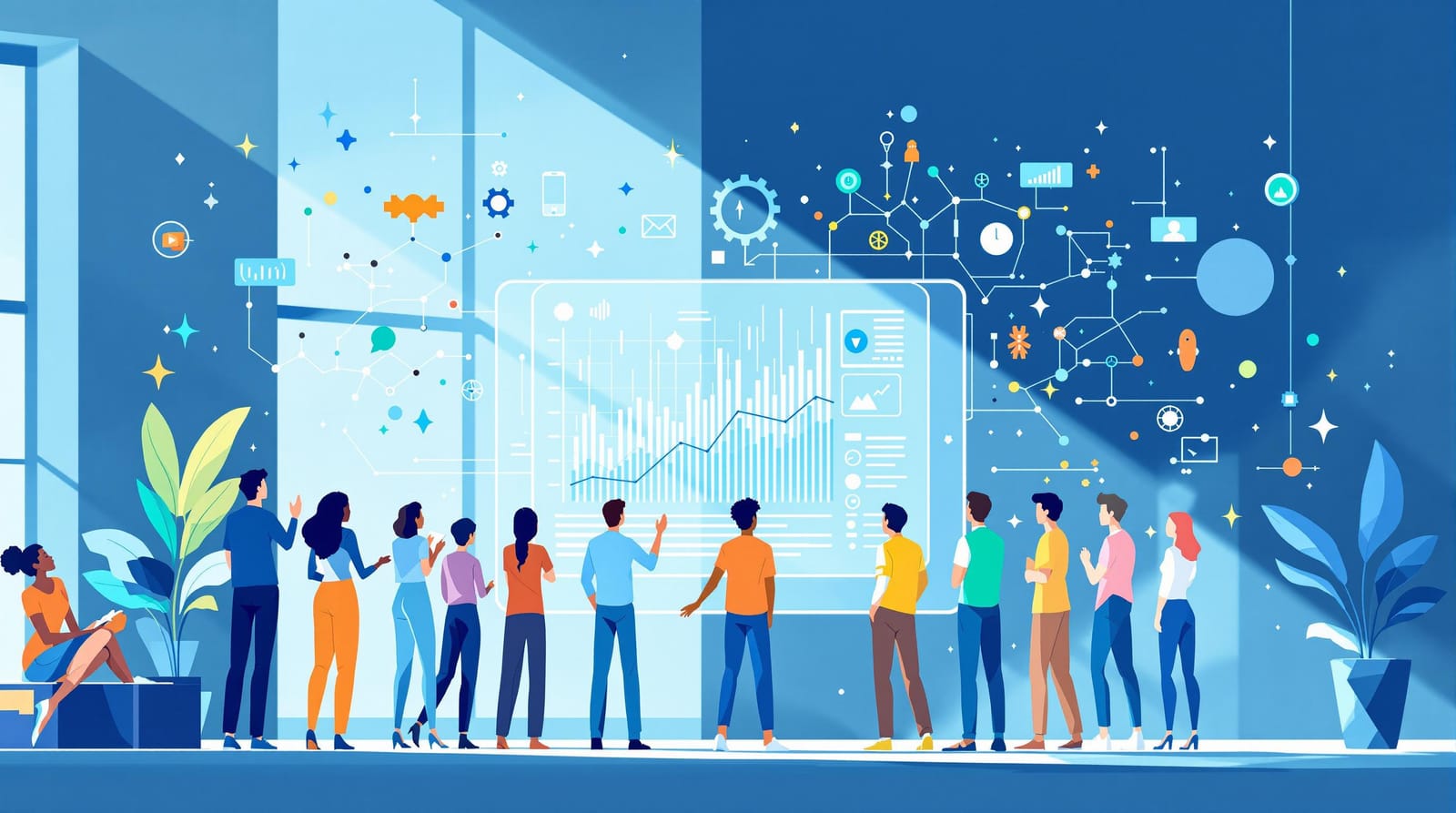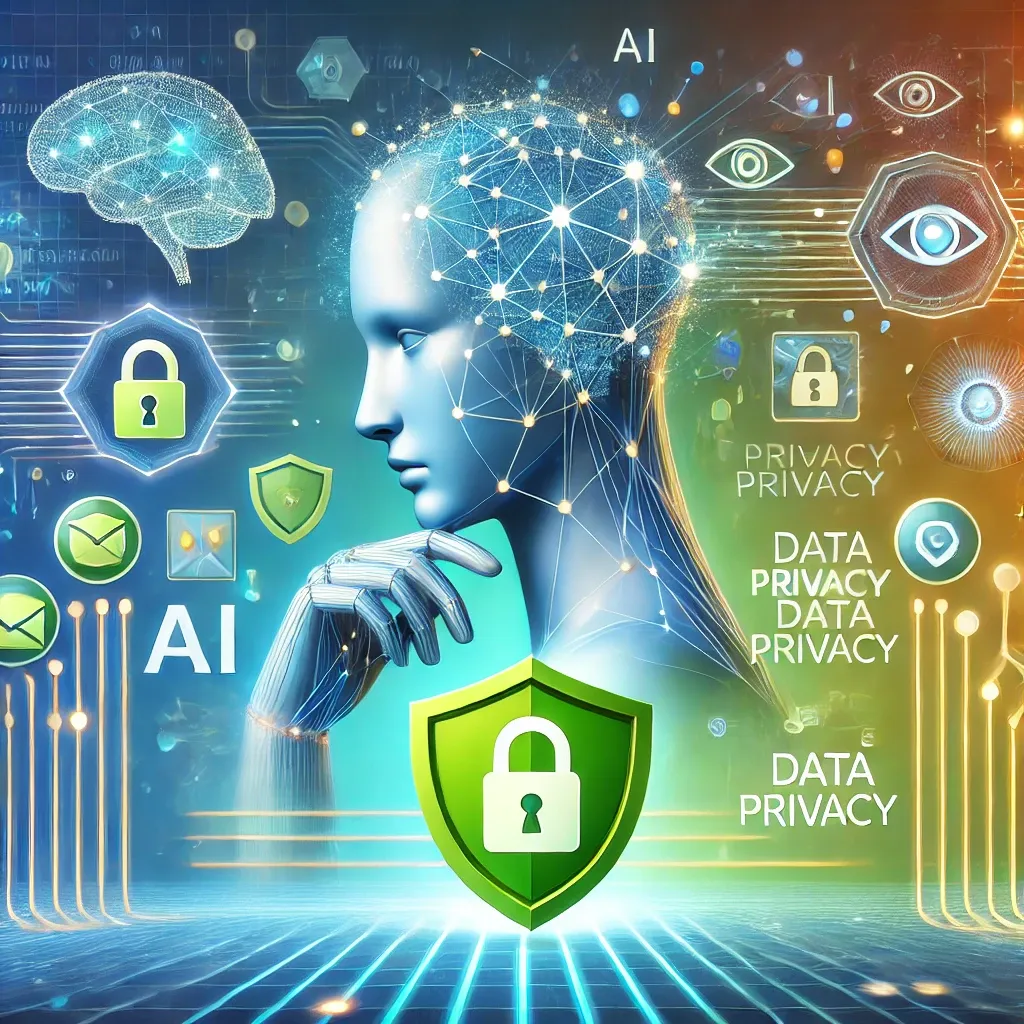Artificial Intelligence (AI) is not just a buzzword; it's a game-changer reshaping the way we live, work, and do business. From healthcare to finance, and from manufacturing to entertainment, AI is driving innovation and creating new opportunities across various industries. In this post, we’ll explore how AI is transforming different sectors and revolutionizing the way we approach age-old challenges.
Table of Contents:
- Healthcare: Enhancing Diagnostics and Personalized Care
- Finance: Automating Processes and Enhancing Decision-Making
- Retail: Revolutionizing Customer Experience and Supply Chain Management
- Manufacturing: Driving Efficiency and Quality Control
- Education: Personalizing Learning and Automating Administrative Tasks
- Entertainment: Enhancing Content Creation and Audience Engagement
- Transportation: Improving Safety and Efficiency
- Agriculture: Promoting Sustainable Practices and Increasing Yield
- Conclusion
Healthcare: Enhancing Diagnostics and Personalized Care
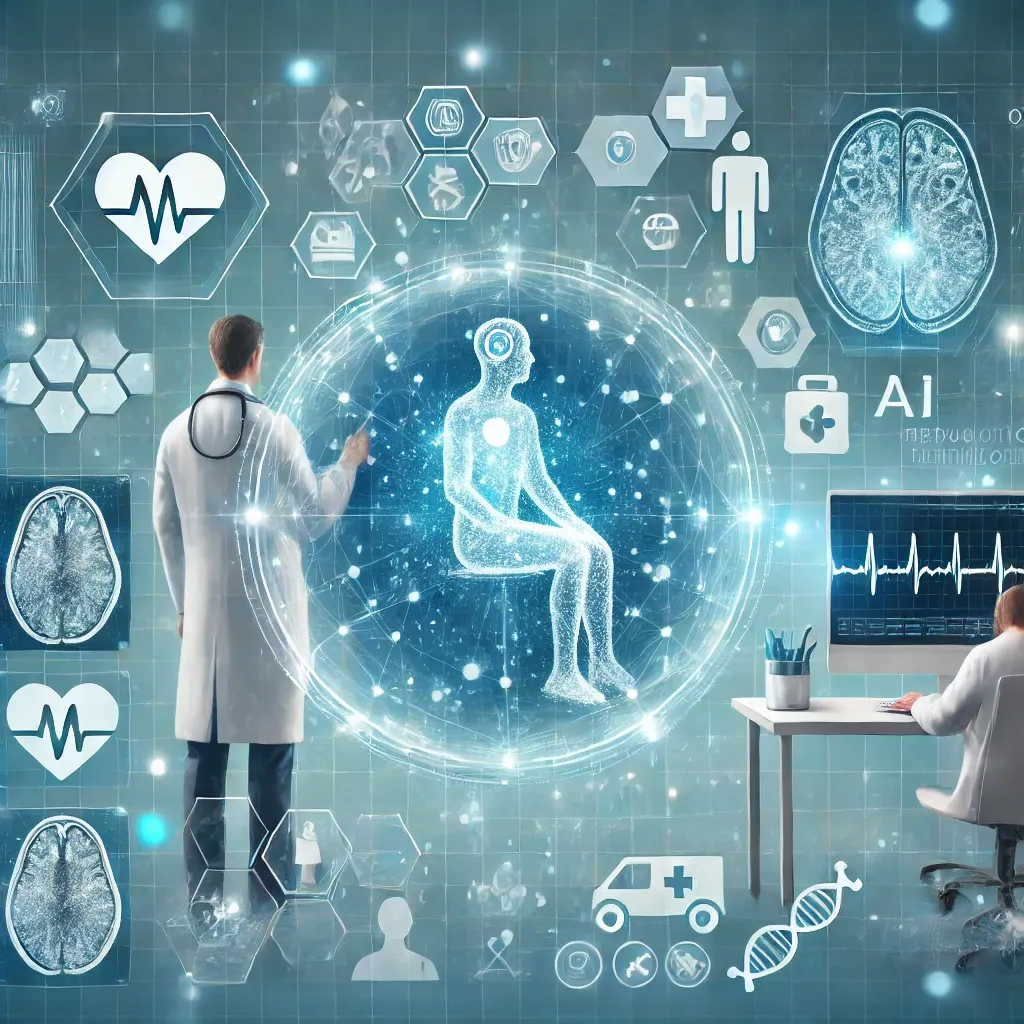
AI is making waves in healthcare by improving diagnostics, streamlining administrative tasks, and enabling personalized care. The healthcare sector stands to gain immensely from the integration of AI technologies.
Diagnostics
AI algorithms can analyze medical images such as X-rays, CT scans, and MRIs faster and with greater accuracy than traditional methods. By doing so, doctors can diagnose conditions earlier and more precisely. This not only enhances patient outcomes but also reduces the burden on healthcare providers.
Drug Discovery
AI-driven systems accelerate the process of drug discovery by predicting how different chemical compounds will interact. This dramatically reduces the time and costs associated with developing new medications, potentially saving lives in the process.
Personalized Treatment
Machine learning models help doctors create customized treatment plans tailored to a patient’s unique genetic makeup, lifestyle, and medical history. This level of personalized care ensures more effective treatments, reduced side effects, and better patient outcomes.
Finance: Automating Processes and Enhancing Decision-Making
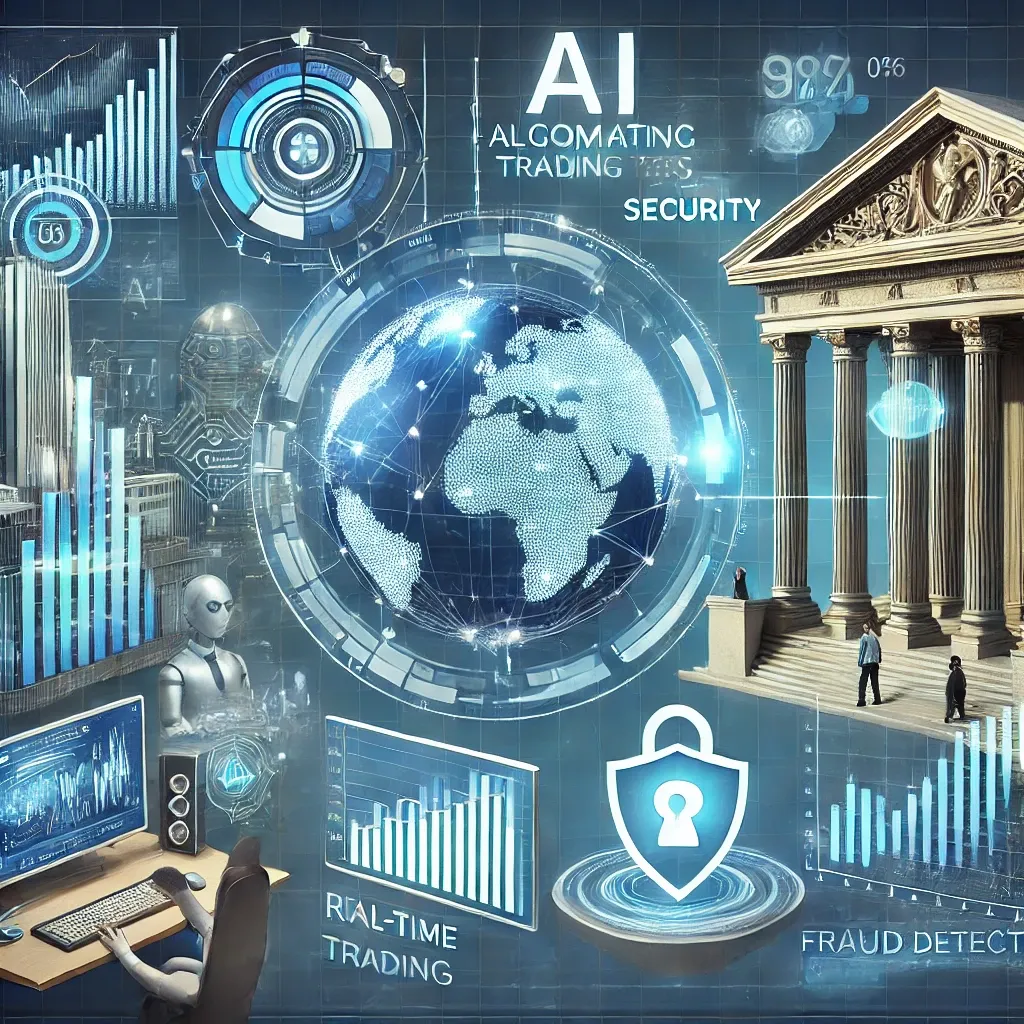
The finance industry has embraced AI to automate processes, improve customer experiences, and enhance decision-making. AI’s ability to analyze large volumes of data in real time gives financial institutions a significant edge.
Algorithmic Trading
AI-driven algorithms analyze market data in real-time and execute trades at optimal times. This capability helps investors maximize returns while minimizing risks, often outperforming human traders.
Fraud Detection
AI models can quickly detect unusual patterns in transactions, flagging potentially fraudulent activities before they escalate. This real-time monitoring enhances security and reduces the risk of financial crimes.
Customer Service
AI-powered chatbots and virtual assistants provide 24/7 customer support, answering routine queries and resolving issues in real time. This not only improves client engagement but also reduces operational costs for financial institutions.
Retail: Revolutionizing Customer Experience and Supply Chain Management
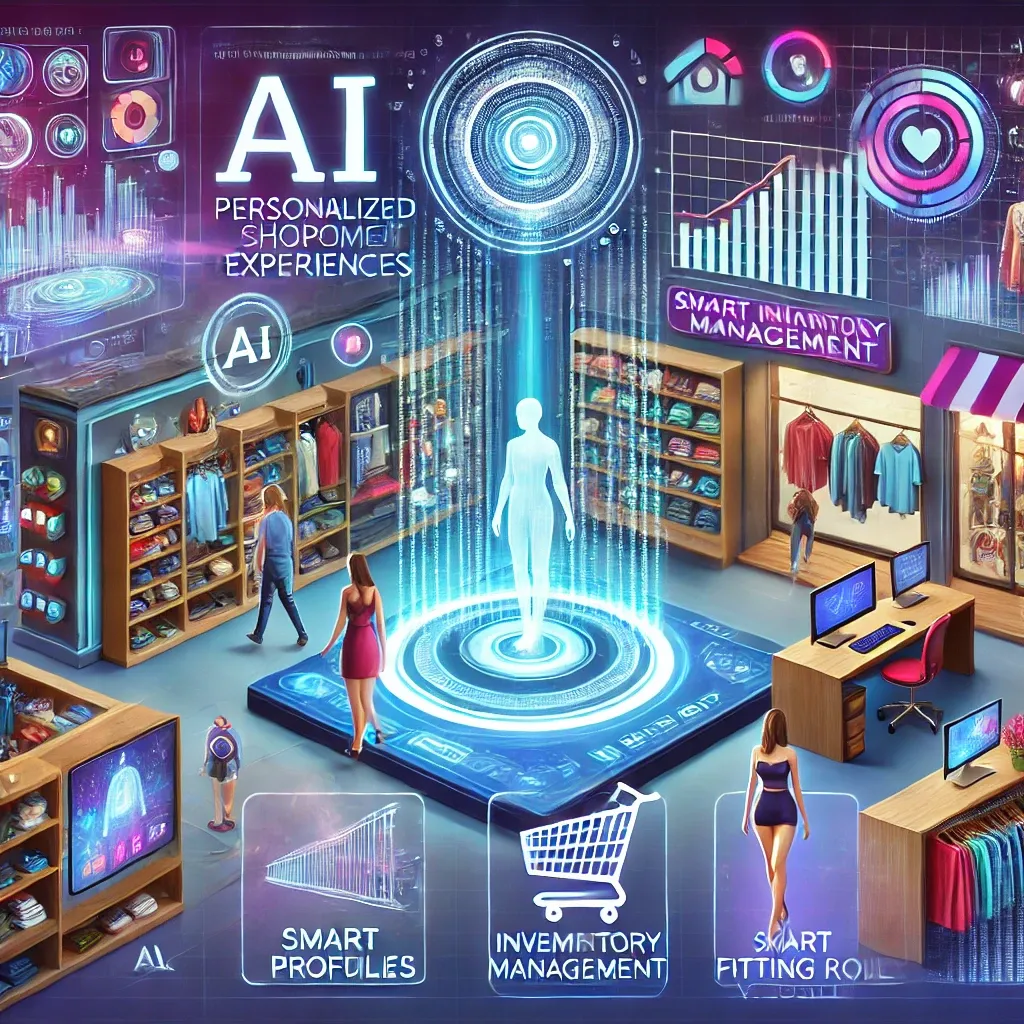
AI is transforming the retail industry by enhancing the shopping experience and improving supply chain management.
Personalized Shopping
AI analyzes customer behavior to deliver personalized shopping experiences. From recommending products to customizing marketing messages, AI helps retailers connect with customers on a deeper level, increasing sales and brand loyalty.
Inventory Management
AI-driven demand forecasting tools help retailers manage their inventory more efficiently. These tools analyze purchasing patterns, seasonal trends, and other factors to ensure the right products are available at the right time, reducing waste and minimizing costs.
Augmented Reality (AR) Shopping
AI-powered AR applications are revolutionizing the shopping experience by allowing customers to virtually try on clothes or visualize furniture in their homes. This enhances engagement and boosts customer satisfaction.
Manufacturing: Driving Efficiency and Quality Control
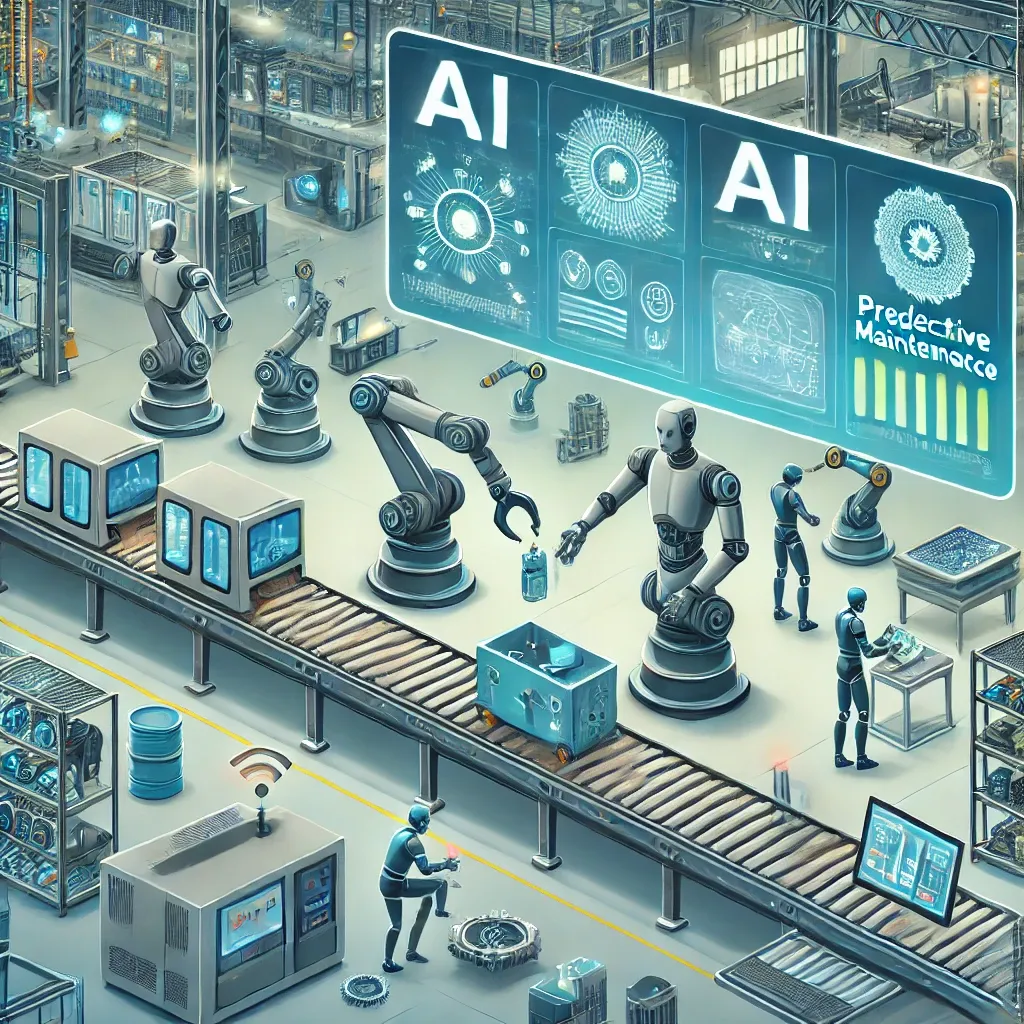
In manufacturing, AI is enhancing productivity, improving quality control, and driving down costs through automation and predictive technologies.
Predictive Maintenance
AI sensors and analytics predict equipment failures before they occur, helping companies minimize downtime and reduce maintenance costs. This proactive approach ensures smoother operations and greater efficiency.
Quality Control
AI systems use machine learning to identify defects in products faster and more accurately than human inspectors. This not only ensures that products meet high-quality standards but also reduces waste and rework costs.
Robotics and Automation
AI-powered robots handle repetitive, labor-intensive tasks with precision and efficiency. This allows human workers to focus on more complex and strategic tasks, improving overall productivity in manufacturing plants.
Education: Personalizing Learning and Automating Administrative Tasks
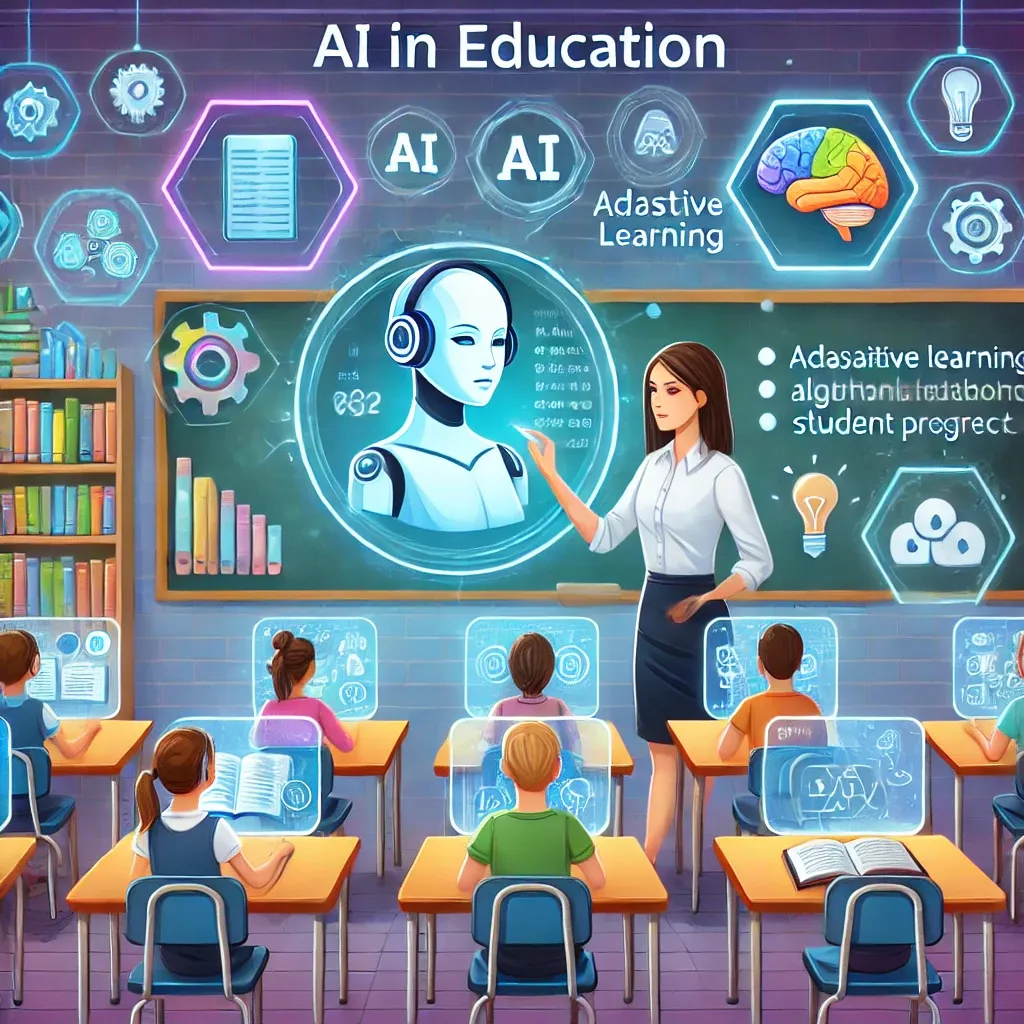
AI is changing the face of education by personalizing learning experiences and automating administrative tasks, making learning more effective and efficient.
Adaptive Learning
AI-driven platforms adjust content and difficulty levels based on a student’s progress. This ensures that learners get personalized experiences tailored to their individual needs, making education more effective and enjoyable.
Virtual Tutors
AI-powered virtual tutors provide students with real-time feedback and personalized support, offering additional guidance outside of the classroom. This improves learning outcomes by catering to the specific needs of each student.
Administrative Automation
AI simplifies administrative tasks like grading, attendance tracking, and scheduling, freeing educators to focus more on teaching and student engagement.
Entertainment: Enhancing Content Creation and Audience Engagement
AI is revolutionizing the entertainment industry by transforming both content creation and audience engagement.
Content Recommendation
AI algorithms analyze user preferences to recommend movies, music, and games. These recommendations are increasingly accurate, enhancing user satisfaction and keeping audiences engaged for longer periods.
Content Creation
AI tools are even being used to create music, scripts, and digital artwork, pushing the boundaries of creativity and opening up new possibilities for content creators in the entertainment industry.
Audience Analytics
AI-powered audience analytics track viewer behaviors and feedback, helping content creators adjust their strategies and tailor their creations to audience preferences.
Transportation: Improving Safety and Efficiency
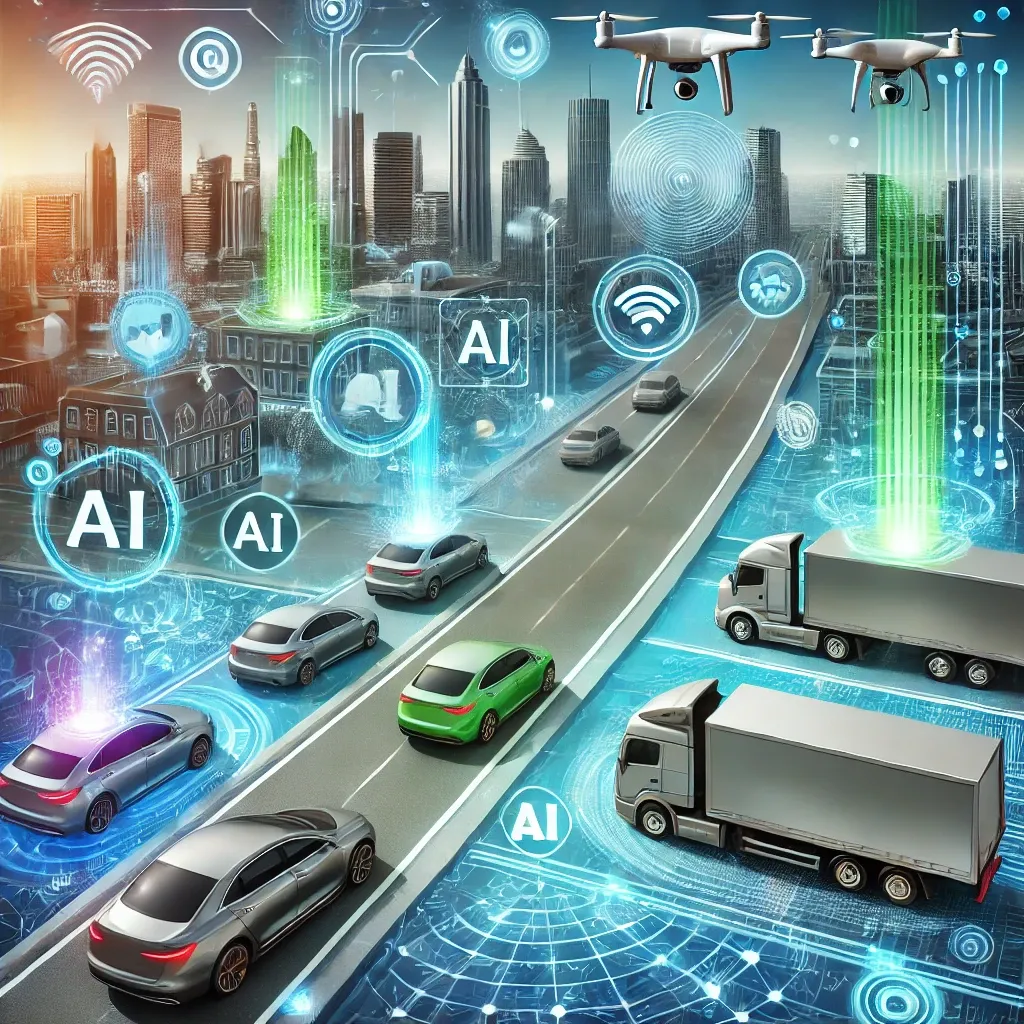
AI is making transportation safer, more efficient, and more sustainable.
Autonomous Vehicles
Self-driving cars and trucks, powered by AI, are set to revolutionize transportation. These vehicles reduce accidents, optimize fuel consumption, and improve traffic management, promising a safer and more efficient future for transportation.
Logistics Optimization
AI analyzes traffic data, fuel consumption, and delivery routes in real-time, optimizing logistics to reduce costs and improve overall efficiency in transportation and supply chains.
Predictive Maintenance
AI tools monitor vehicle health in real-time, predicting maintenance needs before breakdowns occur, ensuring timely repairs and prolonging the life of transport vehicles.
Agriculture: Promoting Sustainable Practices and Increasing Yield
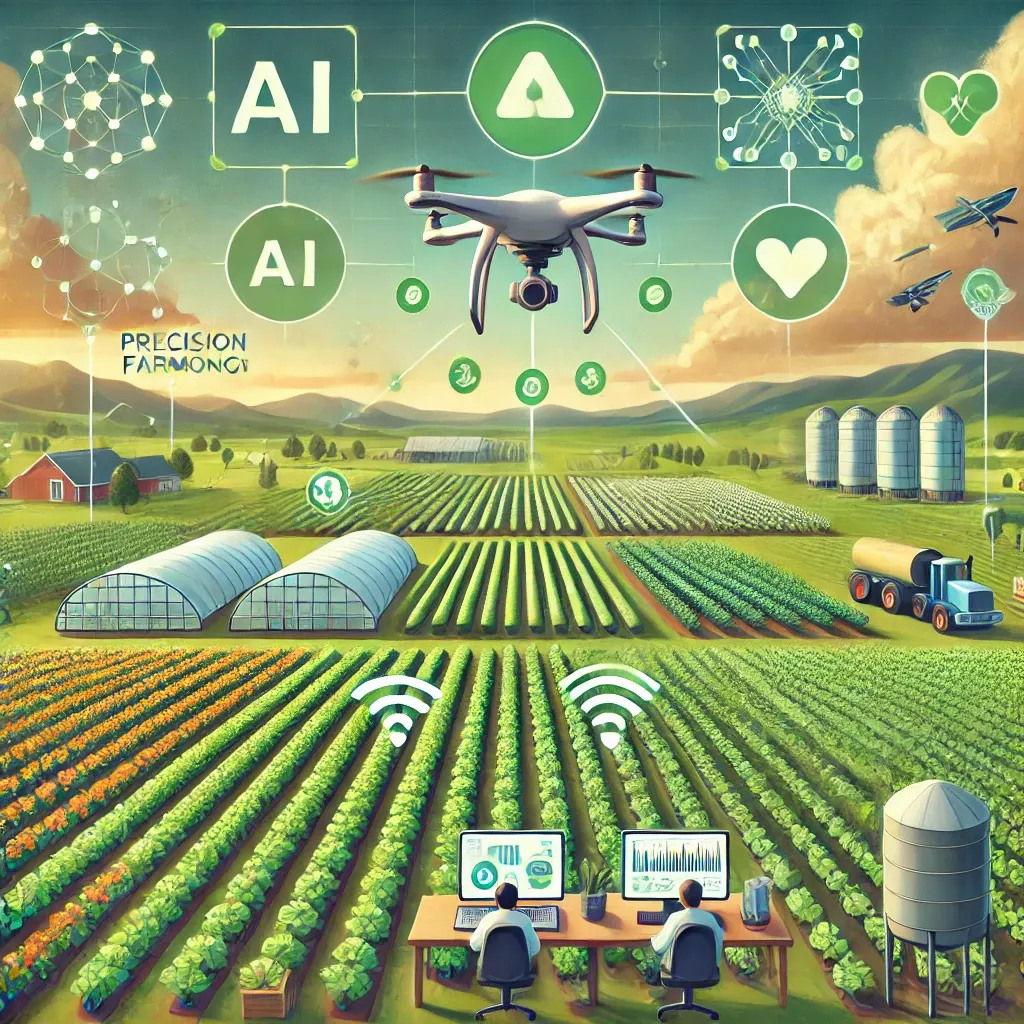
AI is helping farmers increase productivity while promoting sustainability through data-driven insights.
Precision Farming
AI analyzes soil data, weather conditions, and crop health to help farmers make informed decisions about planting, watering, and harvesting. This reduces resource waste while maximizing yield.
Pest Control
AI-powered drones and sensors detect pests early, allowing farmers to intervene with targeted treatments. This reduces the need for widespread pesticide use, promoting more sustainable farming practices.
Supply Chain Optimization
AI improves transparency in the agricultural supply chain, reducing food waste and ensuring farmers receive fair compensation for their produce.
Conclusion
AI is not just a tool; it is a catalyst for change across industries, driving innovation and unlocking new potentials. From healthcare to transportation, AI is reshaping the way we solve problems and approach opportunities. At AI Informer Hub, we’re committed to keeping you informed about how AI is revolutionizing industries and helping you stay ahead in this exciting era.
Tags
AI Revolution, AI in Healthcare, Machine Learning, AI Trends, AI in Finance, Predictive Maintenance, Personalized Treatment, AI Automation
Stay tuned for more insights on AI’s impact across different industries! Subscribe to our newsletter for regular updates, expert opinions, and in-depth analysis.



